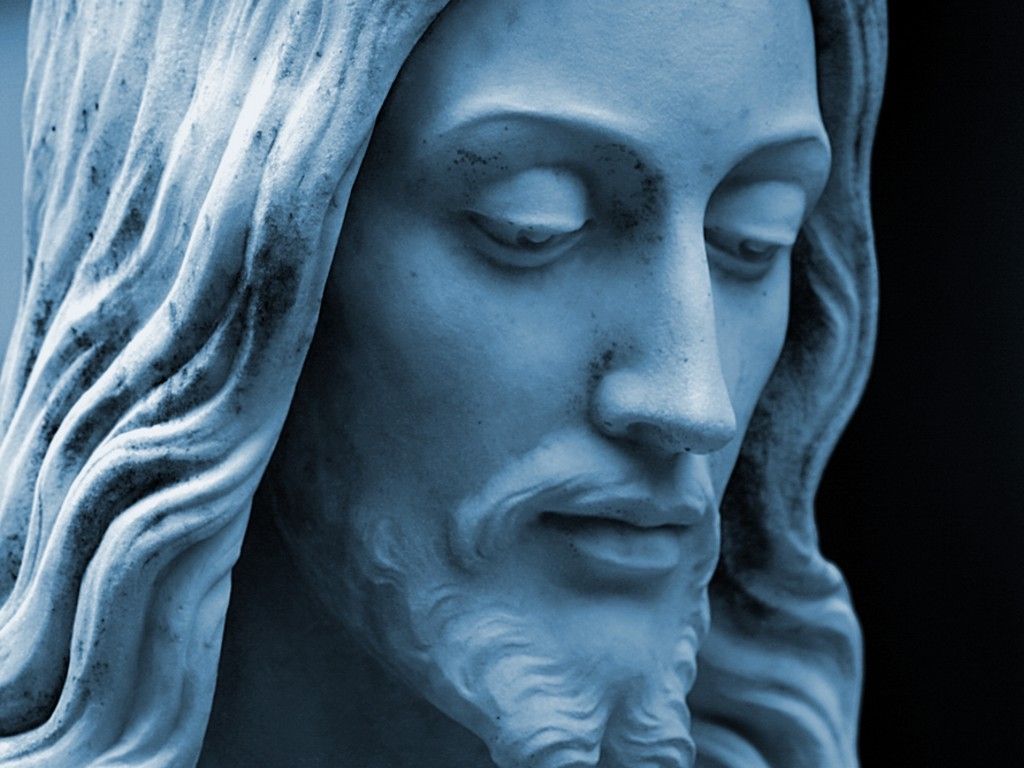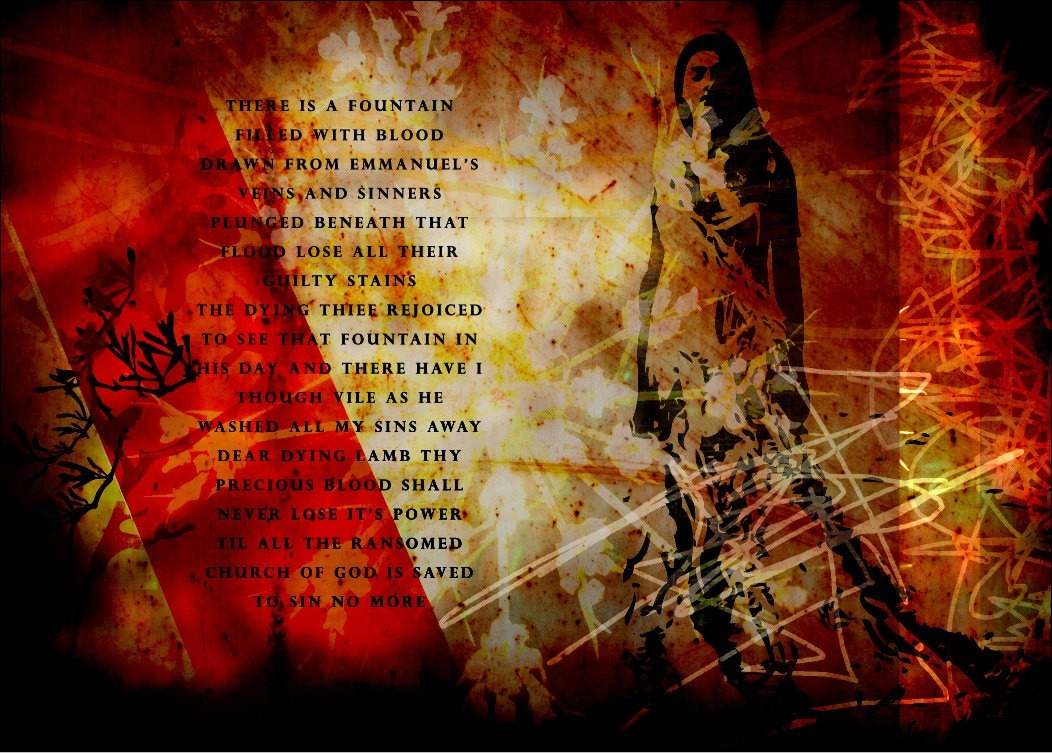
He Bore Our Just Judgment
But he was pierced for our rebellion, crushed for our sins. He was beaten so we could be whole. He was whipped so we could be healed.
Isa 53:5 NLT
Jesus Christ took the place of us, miserable guilty sinners, and paid the price for our salvation by absorbing the just judgment we deserved. Christ’s death was penal in that he bore our penalty for sin when he died. Christ’s death was a substitution in that he took our place when he suffered for our self-absorption, self-centeredness, and self-conceit.
Christ’s substitution was the one-sided trade of our sins, inadequacies, and numerous failings for God’s forgiveness, life-sufficiency, and overcoming victory. Â Jesus Christ, the one who is fully man and fully God, truly innocent and without sin, took upon himself at Golgotha all our selfishness, rebellion, sin, and hatred. By contrast, when we look to faith in Christ, he gives us his righteousness, forgiveness, restoration, and love.
We think that life is unfair. This exchange was unfair. Christ’s substitution for us was a totally unfair exchange. Our junk for his righteousness, our selfishness for his love, our debt for his joy. Indeed, it was an unfair substitution. Thank God that he is not fair.
The concept of substitution may be said, then, to lie at the heart of both sin and salvation. For the essence of sin is man substituting himself for God, while the essence of salvation is God substituting himself for man. Man asserts himself against God and puts himself where only God deserves to be; God sacrifices himself for man and puts himself where only man deserves to be. Man claims prerogatives which belong to God alone; God accepts penalties which belong to man alone.
John Stott, The Cross of Christ: 20th Anniversary Edition (Downers Grove, IL: Inter-Varsity Press, 1989), 160.



